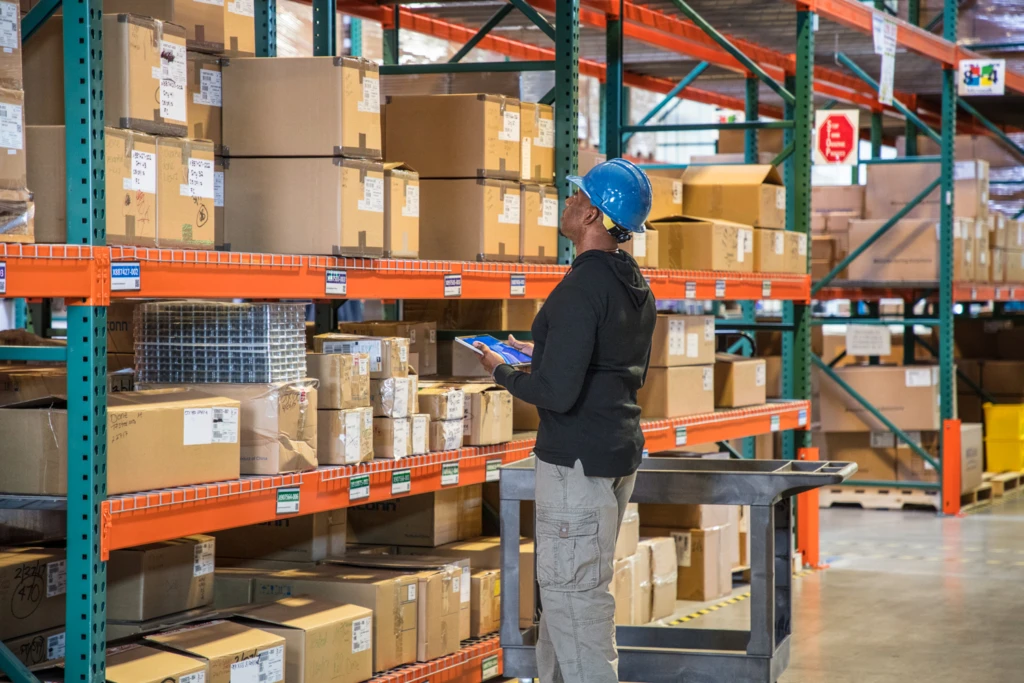
Team Rubicon: refining the logistics of disaster response
When natural disaster strikes, lives depend on the fast mobilization and delivery of emergency supplies and personnel. Every minute counts as thousands of volunteers are activated and deployed, with tons of materials moved to the frontline in hours with incredible scale and speed, all coordinated with clockwork precision.
It’s all in a day’s work for Team Rubicon, a natural disaster response organization built to serve communities in need. As its service principles succinctly explain: “We serve people on their worst day.” Doing so depends on the skills, experience, and education of military veterans trained to help communities prepare, respond, and recover from humanitarian crises and natural disasters, from hurricanes and tornadoes to, most recently, a nationwide response to COVID-19.
Art delaCruz, President and Chief Operating Officer at Team Rubicon, recently shared insights into the organization’s deployments. “Over the course of 30 days, we answered 250 requests for assistance and set up 169 work sites in 41 different states. In Santa Clara, California, we put together and are running a 250-bed decompression station that serves as overflow for the area’s 10 hospitals and medical centers. In North Carolina, we’ve partnered with Atrium Health to provide mobile testing for COVID-19, and we’ve completed well over 1,000 tests so far. We’ve also deployed personnel in the Navajo Nation to assist with its COVID-19 response. In the midst of all this, we’ve responded to six different tornadoes across the southeast United States, and we’ve partnered with Feeding America to help its 200 affiliate agencies address food insecurity in vulnerable communities.”
It’s a complex operation that relies on Microsoft Dynamics 365 to help coordinate thousands of volunteers and supplies.
“We built our volunteer-management system on Dynamics 365, and with it, we’ve been able to better address our volunteer deployments. We made it our obligation not to deploy people from a known spread zone to a non-spread zone, and we’ve used our system to restrict movement in that fashion. We’ve also used it to identify volunteers with special skills and deploy them to COVID-19 hot zones that sorely need their help.”
Team Rubicon uses Microsoft Dynamics 365 Marketing and Microsoft Dynamics 365 Sales, in addition to Microsoft Teams and Microsoft Power BI, to engage its 120,000 volunteers, and manage communications and streamline its COVID-19 responses across the United States.
“During the registration process, volunteers share any special skills and certifications, along with previous military experience,” explained delaCruz. “Using Dynamics 365, it’s easy for us to continually build up the story of each individual and determine where their unique qualities would be most useful. They can complete courses based on their desire to learn new skills or bolster the skills they already have, and we log all that information in Dynamics 365.”
In addition to capturing skillsets of volunteers, Dynamics 365 is an integral supply chain and distribution engine for Team Rubicon. “When you have that many operations ongoing, logistics is obviously a huge component of it,” explains delaCruz. “Do you have the right people going to the right places? Do you have the right materials? Is the right PPE (personal protective equipment) in place? All of this is happening via workflow in Dynamics 365. We’ve eliminated as many barriers as possible.”
The takeaway
Team Rubicon’s story shows us what’s possible when people, technology, and fine-tuned logistics work in concert to achieve a singular goal: providing immediate relief to those impacted by disasters and humanitarian crises. As delaCruz shares, “Through communications and through partnership and through real simple acts you can move people, you can inspire them.”
Watch the video update from Team Rubicon’s Art delaCruz and read how they deployed Dynamics 365. And be sure check back for more stories of Dynamics 365 in the real world throughout 2020.
Learn more
- Learn how business leaders are finding innovative ways to stay connected with customers during this time of disruption with the Connected & Ready podcast. Subscribe on your preferred streaming platform to get new episodes as they launch every Wednesday.
- Register for our three-part, nine-episode webinar series:



